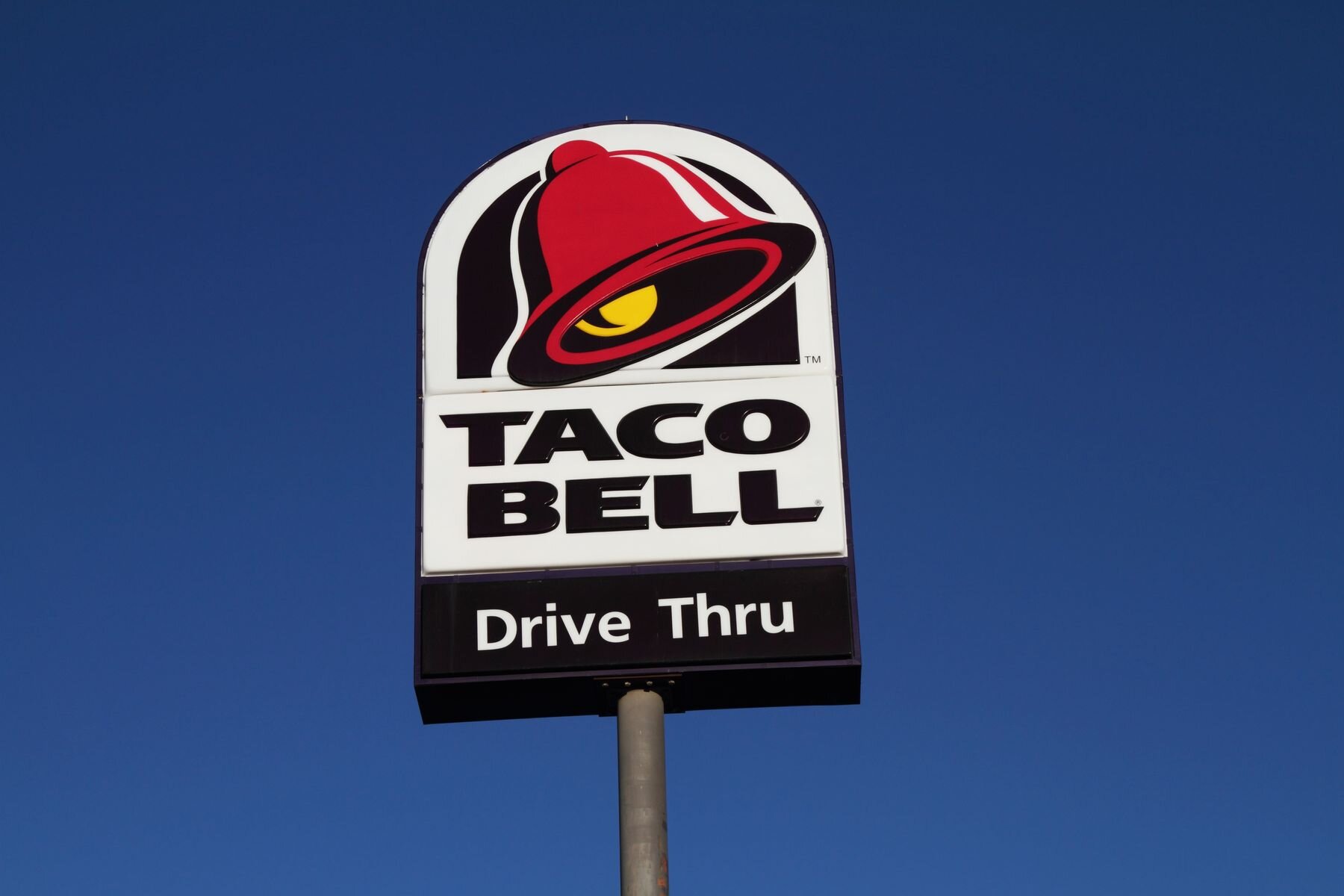Tennessee Titans Face Accusations of Firing Worker on Covid-19 Leave
/In recent news, the Tennessee Titans are facing a lawsuit. According to the lawsuit, the NFL team violated the Families First Coronavirus Response Act (and other federal labor laws) when they terminated a field maintenance employee who took time off work when they contracted Covid-19.
The Case: Department of Fair Employment and Housing (DFEH), an agency of the State of California vs. Activision Blizzard, Inc., Blizzard Entertainment, Inc., Activision Publishing, Inc., etc.
The Court: Superior Court of the State of California, in and for the County of Los Angeles
The Case No.: 21STCV26571
The Plaintiff: DFEH v. Activision Blizzard
On July 20, 2021, DFEH, the plaintiff in the suit, filed a complaint against Activision Blizzard alleging 10 different violations of state employment law. The lawsuit was filed after the completion of a two-year DFEH investigation into the defendant’s workplace practices. The investigation led to a report (dated June 24, 2021) that concluded Activision Blizzard was discriminatory toward female employees in terms of employment conditions, compensation for their work, job assignments, promotions, terminations, workplace retaliation, etc. According to the investigation, female employees of Activision Blizzard were also subjected to sexual harassment, and management at the company did not respond appropriately to the situation, effectively allowing discrimination, harassment, and retaliation to run rampant at the company. Examples of employment law violations cited in the civil lawsuit reach as far back as 2010.
The Defendant: DFEH v. Activision Blizzard
The defendant, Activision Blizzard, is a developer and publisher of mega franchise video games. Some of their popular game releases include World of Warcraft, Diablo, and Call of Duty.
The Case: DFEH v. Activision Blizzard
Activision Blizzard faces wide-ranging and highly damaging allegations of maintaining a hostile workplace (specifically toxic for women), employing a disproportionately low number of women, paying women less than male counterparts performing similar job duties, subjecting female workers to sexual harassment, and allowing perpetrators of sexual harassment in the workplace to go without any significant punishment. While the complaint officially names the subsidiaries Activision Publishing and Blizzard Entertainment, as well as the corporate parent, Activision Blizzard, a majority of the specific allegations made in the complaint are directly related to Blizzard Entertainment. After the defendant’s initial response denying the validity of the claims made in the suit, and dismissing the allegations as a distortion of the truth or complete falsehoods resulted in major kickback from the workforce (leading up to an organized walkout at the company’s Irvine, California headquarters), Activision chief executive Bobby Kotick, issued a statement apologizing for the initial “tone deaf” response to the lawsuit. The company also announced that they hired a 3rd party law firm to conduct a review of their processes and procedures.
If you have questions about California labor law violations or need to file a hostile work environment complaint, please get in touch with Blumenthal Nordrehaug Bhowmik DeBlouw LLP. Experienced employment law attorneys are ready to assist you in various law firm offices located in San Diego, San Francisco, Sacramento, Los Angeles, Riverside, and Chicago.










